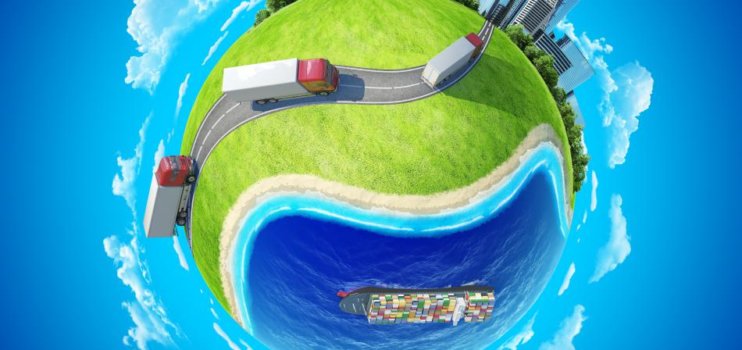Climate change challenges Managing Risk is about investing knowledge into future events. It is therefore preferable to anticipate future risks for action to protect the business, rather than attempting to overcome unexpected challenges when they occur. Climate Change is a challenge receiving increased media attention, but with varied responses from politicians and business. Climate Change impacts are associated with rising … Read More
Trends and thoughts about supply chains in 2019
Trends viewed in categories In business, a trend can refer to a business model, a process or a technology. However, a trend will only be of more than passing interest if it could directly impact your business and people. Based on articles written by various commentators, trends in supply chains for 2019 can be grouped into four categories: Channels of … Read More
Change in a country’s logistics performance can be slow
Country logistics performance When evaluating the performance of Logistics Service Providers (LSP) across countries in your supply chains, there must also be an evaluation of the logistics capability for each identified country. Why is this? Because a higher level of performance from logistics services depends on the public sector’s policies and actions, including: attitude to globalisation, regulations, infrastructure, controls and … Read More
To do before your first international shipment of goods
International shipping is different When your small to medium size enterprise (SME) has built some serious traction in the domestic market, it’s time to consider going international. There are many benefits to expanding internationally: New revenue potential Exposure to foreign investment opportunities Access to new customers Government incentives Diversifying markets for the business However, international shipping is different from domestic … Read More
Change in the freight forwarding sector of supply chains
A fragmented market. A freight forwarder is not a capital intensive business, unlike a container shipping line, with investment in ships and possibly shore-side equipment. However, freight forwarders are data intensive businesses. Any industry in this situation will have established companies open to competition from other players in the supply chains, in addition to technology based disruptors. If there is … Read More





